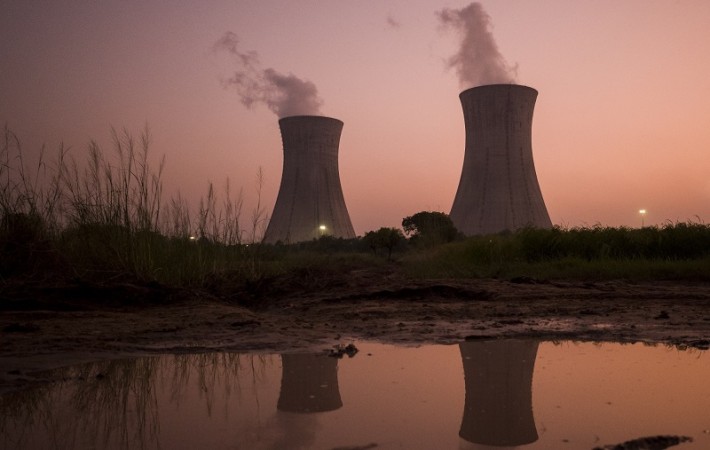
India is all set to launch a new policy aimed at capturing carbon emissions, allowing the country to continue using its abundant coal resources while addressing its increasing emissions. The policy, expected to be revealed later this year pending the outcome of upcoming elections, will provide incentives for companies to capture, recycle, and potentially store their emissions underground. Rajnath Ram, an energy adviser with Niti Aayog, the Indian government's policymaking branch, shared details of the plan.
Ram highlighted that the power sector alone contributes 42% of India's total emissions, with an estimated 70% of these emissions potentially capturable and recyclable through carbon capture technologies. He emphasized the necessity of augmenting renewable energy deployment with thermal capacity to meet rising demand and prevent blackouts, citing the country's abundant coal reserves.
Despite the imperative to reduce carbon emissions to combat climate change, carbon capture technologies remain underdeveloped and financially impractical. Currently, only around 40 Carbon Capture and Storage units are operational globally, with an additional 50 projected to come online by 2030. However, this pace falls short of what is needed to achieve carbon neutrality by the mid-century mark, according to the International Energy Agency.
India is also exploring coal gasification, allocating significant subsidies to kickstart projects. This technology, still in its early stages, converts coal into gas for electricity generation, resulting in slightly lower emissions compared to traditional coal-fired power plants.
Cabinet Greenlights Rs 8,500 Cr Incentive Plan for Coal Gasification Projects